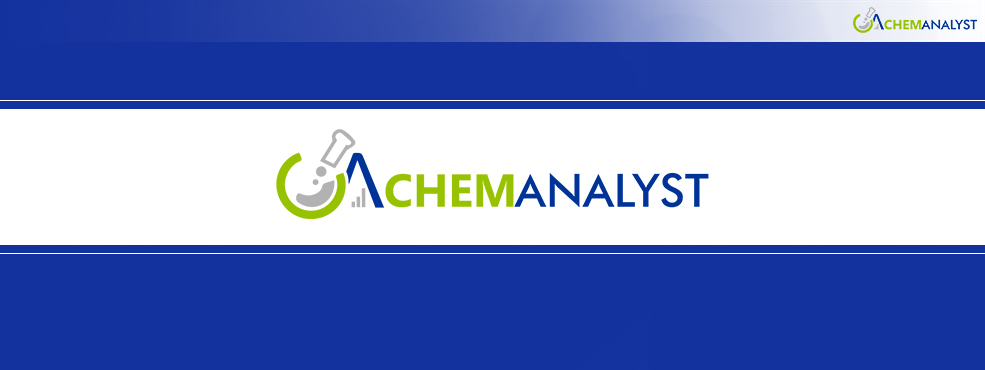Welcome To ChemAnalyst

In late July and early August 2025, the U.S. Glycol Ether market-maintained price stability, supported by balanced supply-demand dynamics. Despite rising production costs due to higher Ethylene Oxide values, suppliers held off transferring these increases to customers. Downstream demand remained steady, particularly from the construction and coatings sectors. Builder confidence showed slight improvement, with higher sales expectations and widespread.
The prices of Glycol Ether continued to be stable in the week ending on xst August xxxx in U.S market. Despite slight bullish demand fundamentals of Glycol Ether from downstream sectors, the prices remained steady due to a delicate balance between the supply and demand factors. The upward pressure from the market dynamics has yet not materialized in the market which prevented any directional push of the prices.
On the manufacturing front, the prices of Ethylene oxide surged in Hx July xxxx which led to increased production costs for Glycol ether producers. Despite increased production costs, the supply continued to be steady on the back of firm demand. The increased production cost of Glycol ether was not yet transferred to customers which prevented any immediate movement in the pricing dynamics. The supply remained ample for the current demand leading to...
We use cookies to deliver the best possible experience on our website. To learn more, visit our Privacy Policy. By continuing to use this site or by closing this box, you consent to our use of cookies. More info.
